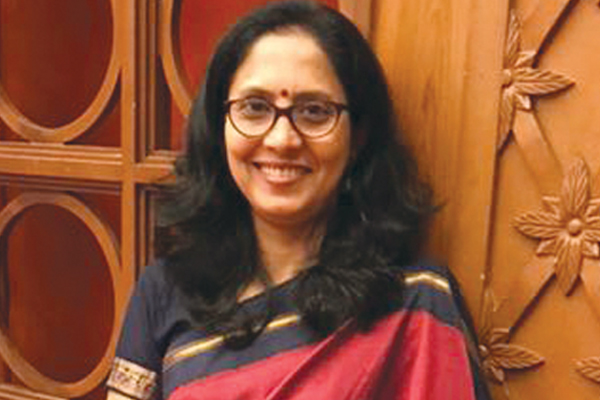While there are good intentions, it is the implementation which threatens the viability of initiatives like the Pharm D course
With September 5, Teachers’ Day around the corner, Express Pharma asked faculty from various institutes to suggest ways to rejuvenate India’s pharmacy education system. We also chose to focus on how pharmacognosy, an ancient science, can be re-engineered to serve present and future needs of patients and the pharmaceutical sector. Pharmacognosy, as the study and use of plants as medicinal agents has given us cures to a range of diseases from Alzheimer’s disease to malaria. Properly harnessed, this branch of pharmacy education has vital clues for new drug discovery. The good news is that the Pharmacy Council of India (PCI) is coming out with a new curriculum in pharmacognosy at the Masters level from 2019-20, according to Dr B Suresh, President, Pharmacy Council of India (PCI).
While this news on an updated pharmacognosy curriculum is welcome indeed, the PCI, as India’s premier pharmacy education regulatory body, has to introspect on other promising courses which were started with good intentions but are today in danger of losing their way. For instance, of late, students of the Doctor of Pharmacy (Pharm D) course, especially those run by government pharmacy colleges in a few states, have been holding a few protests to draw attention to the dearth of permanent staff to teach the course as well as the lack of job opportunities post the course. The main criticism is that the government failed to create a specific role for these students in government medical colleges after introducing the course.
The six year Doctor of Pharmacy ( Pharm D) course, which was approved in 2008, was positioned as a pharmacy doctoral programme, with the attraction that students who completed the six year programme would be eligible to register for a PhD and add the much coveted prefix Dr before their name. Students could join after their (10+2) exams for five years of academic study followed by a year of clinical internship or residency. B.Pharm graduates could be admitted as lateral entry candidates to the fourth year of Pharm D programme for the remaining three years (two years of study and one year of internship or residency).
While including all aspects of the existing pharmacy courses, the Pharm D course was designed to have strong emphasis on clinical pharmacology and patient counselling, including giving patients more information about their disease, the drugs they are prescribed and the lifestyle modifications they needed to make. These aspects are critical to improve patient outcomes, especially in so-called lifestyle related conditions, like hypertension and diabetes, where changes in diet and exercises require to be long term. Counselling can increase chances of patients undertaking long-term changes but doctors, especially in public hospitals, rarely had the time to spend with patients so this aspect was neglected.
But did clinical staff like doctors and nurses, perceive a threat from these activities? Did they view Pharm D graduates as a dilution of their authority and roles, and becoming a barrier between them and their patients? These issues can be addressed with more dialogue between doctors, nurses, as well as with patients. But as the ‘new kids on the block’, the onus is on Pharm D students to go the extra mile to gain this acceptance.
Here too there is good news. Senior faculty like Manjiri Gharat, Vice President & Chairperson, Indian Pharmaceutical Association – Community Pharmacy Division and Vice-Principal, KM Kundnani Pharmacy Polytechnic, Ulhasnagar recognise that the the Pharm D course is a good course. She says that she has noticed that students of this course have a better knowledge of clinical pharmacy and are therefore in a position to make a real difference in treatment outcomes.
But she too agrees that like any new course, it will take time to evolve and time for industry to recognise the capabilities of the students for employment. While the authorities like PCI have made some efforts in this direction, she feels that they definitely need to strengthen these efforts. Her suggestion is that posts of clinical pharmacists in the government sector need to be created so that Pharm Ds can be employed in both the private as well as public sectors.
Thus, while there are good intentions, it is the implementation which threatens the viability of initiatives like the Pharm D course. In the case of pharmacy education, this could drive away an entire generation of talent. Thankfully, the suggestions of the experts in this issue give us hope that there are enough senior faculty willing and able to enthuse new life into pharmacy education in India.
- Advertisement -



Comments are closed.